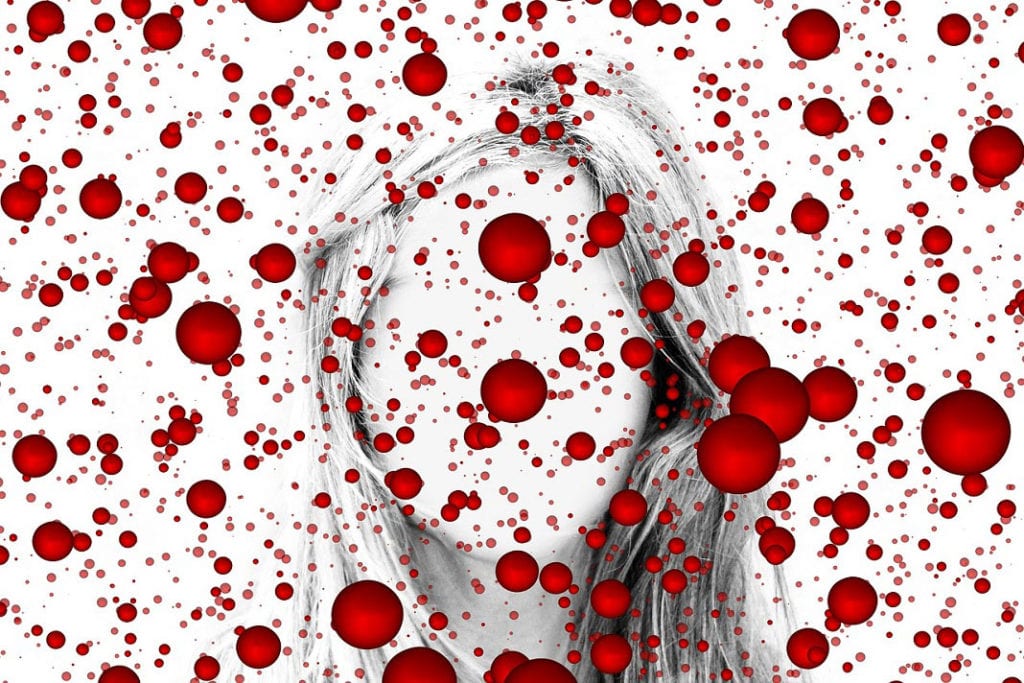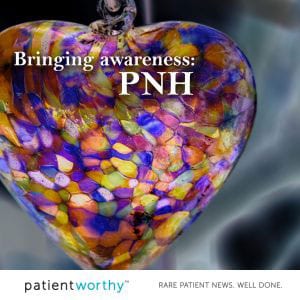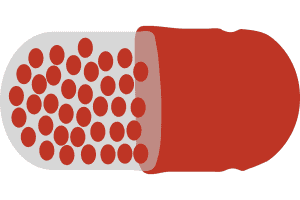Paroxysmal nocturnal hemoglobinuria (PNH) is a rare acquired hematopoietic stem cell disorder in which blood cells break apart prematurely. In an effort to bring more effective and targeted treatments to those affected, Novartis developed FABHALTA (iptacopan). Taken orally twice daily, FABHALTA is designed to improve and sustain hemoglobin levels, as well as support improve overall health.
According to Ned Pagliarulo of Biopharma Dive, the U.S. Food and Drug Administration (FDA) recently approved FABHALTA for the treatment of PNH. While there are other approved treatments for PNH, FABHALTA stands alone as a groundbreaking oral monotherapy. The drug’s approval hinged on two studies. In the first study, the research team found that FABHALTA improved hemoglobin levels by more than 2g/deciliter in 82% of participants; in the second study, the increases occurred in 78% of participants who had never before taken C5 inhibitors. Further, FABHALTA reduced the need for blood transfusions. Novartis recently shared results from the APPLY-PNH trial.
Within the studies, FABHALTA was relatively safe and well-tolerated. Some individuals did experience adverse reactions such as abdominal discomfort, headaches, infections, diarrhea, and the common cold. However, the FDA deemed that the benefits of the drug outweighed potential risks.
Currently, FABHALTA is expected to be available for patient use in the United States this month. In the future, Novartis also plans to explore FABHALTA as a potential therapeutic solution for other complement-driven disorders.
Understanding Paroxysmal Nocturnal Hemoglobinuria (PNH)
PIGA gene mutations lead to this rare disorder that affects red blood cells, white blood cells, and platelets. These mutations cause PNH cells to rapidly multiply. The immune system then attacks the stem cells, killing off healthy ones while the PNH cells survive. This mutation is not inherited but acquired sporadically. In around 30% of cases, PNH results from aplastic anemia treatment. PNH is typically diagnosed between the ages of 35 to 40, with an average survival rate of 10 years following diagnosis. Symptoms of paroxysmal nocturnal hemoglobinuria may include:
- Red blood cell hemolysis
- Hemolysis refers to the destruction of red blood cells.
- Hemoglobinuria (excess hemoglobin in the urine)
- This may lead to red, dark, bloody, or rust-colored urine that is most prominent in the morning.
- Abdominal contractions
- Difficulty breathing
- Dysphagia (difficulty swallowing)
- Increased heart rate
- Life-threatening blood clots
- Fatigue
- Chest pain
- Male sexual dysfunction
- Headache
- Kidney disease






